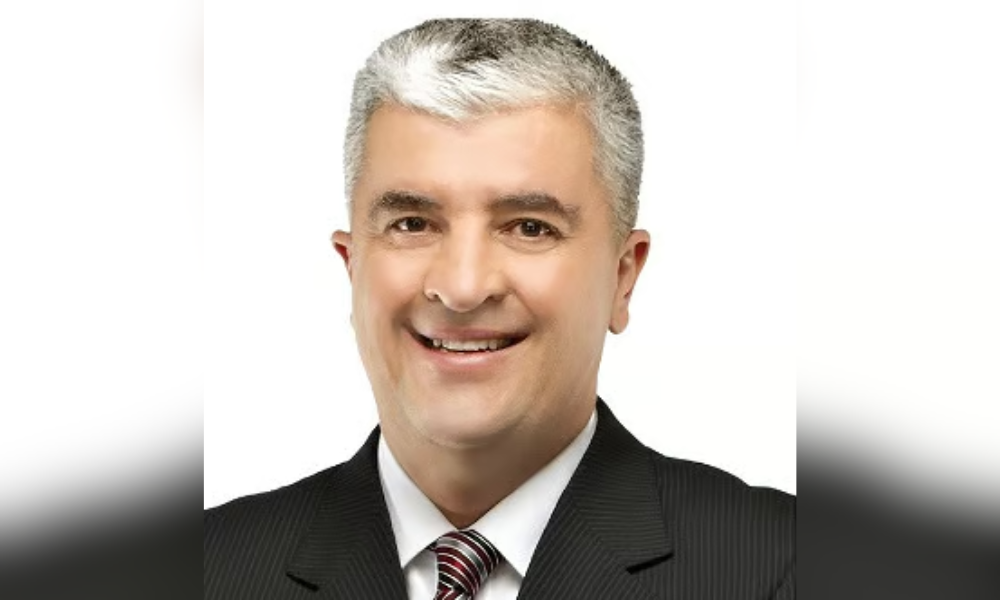Experience of Canadian robo advisors suggests competing in the alternative investments space won't be so easy

Last week, Canada saw the launch of a new online platform to enable more retail investors to access alternative investments. And for one leading advisor in the alternatives space, it’s a novel business that’s emblematic of a new era.
“I’m very proud to see that,” says Francis Sabourin, portfolio manager at Francis Sabourin Wealth Management. “It’s a new era for retail investors and retail advisors in the high-net-worth space.”
While alts were not a major topic of mainstream conversation five or six years ago, the crisis in public markets last year has opened hearts and minds. Today, more investment advisors and their clients than ever are seeing the sense in having exposure to asset classes outside the traditional public stock and bond markets.
Obsiido is riding that wave of positive sentiment. With approval to operate in Ontario, BC, and Alberta, the newly launched platform is initially offering access to two alternative investment portfolios. Each portfolio is diversified across a modest spectrum of private-asset funds run by the likes of Brookfield Asset Management, Blue Owl Capital, Harbourvest, and other well-known managers.
Is digital investing history repeating?
Obsiido’s initial attempt at democratizing alternative investment access for Canadians is focused on individual investors. On that front, Sabourin expects the platform to face challenges echoing those seen in the meteoric rise and ultimate decline of robo advisors over the past decade.
“For the US, it was a different story. But in Canada, it was pretty expensive [for them to operate],” he says. “What they got in return from investors was disappointing for many of them.”
Because every OM product and PE fund runs a unique strategy, he says they require time and specialized staff to be able to explain the products to investors. The people onboarding incoming clients, he adds, should be trained to provide valuable education – why focusing on the best performers alone may not be the best idea, for example.
“You need to tell the clients and coach them, to help put that in perspective,” he says. “You’d need to have some simulations sometimes to help people understand and visualize why you want a certain percentage of the portfolio in alternatives, and its benefits in terms of performance and risk reduction.”
Aside from risks and performance, he says recommendations for alternative investment products should consider factors like terms for redemption, fees for early redemption, the tax implications of redeeming from non-registered accounts, and what financial goal the investment is going toward. Beyond knowing the products, anyone recommending alternative investments should also fulfill the KYC piece of the suitability puzzle.
‘When things get dicey, people tend to forget’
To help ensure people are invested properly, Obsiido requires a $25,000 investment minimum from investors, with minimum investable assets of $250,000 to be considered eligible. The platform also reportedly charges early redemption fees of 3% in the first year and 2% in the second year of investment in its portfolios, which offer monthly subscriptions and quarterly redemptions. But even with those gating structures in place, Sabourin expects there will be challenges.
“When things are good, it might be easy to onboard new clients,” Sabourin says. “When things get dicey, people tend to forget what you explained to them six months or a year ago. … Especially for bigger allocations, people will want more details, and they’ll do more follow-ups.”
Aside from the individual investor platform, Obsiido has plans to launch a wealth advisor-focused education and administration platform, which will be AI-enabled and designed to remove many friction points advisors face. Sabourin argues it should go beyond its current three-province footprint and expand to include the rest of Canada including Quebec, the second-largest wealth market in the country, if it wishes to succeed in the increasingly competitive alts space.
“The banks are now starting to get into the alternatives industry. The ETF business is maxed out and the mutual fund business is declining, so they see the next low-hanging fruit to harvest is in the alts space,” he says.
“The idea of providing a platform to high-net-worth retail advisors is not new, but [Obsiido is] one of the first [to do it],” Sabourin says. “There’s competition there already … With more competition, investors will have more access, and everyone will have a different point of view.”



